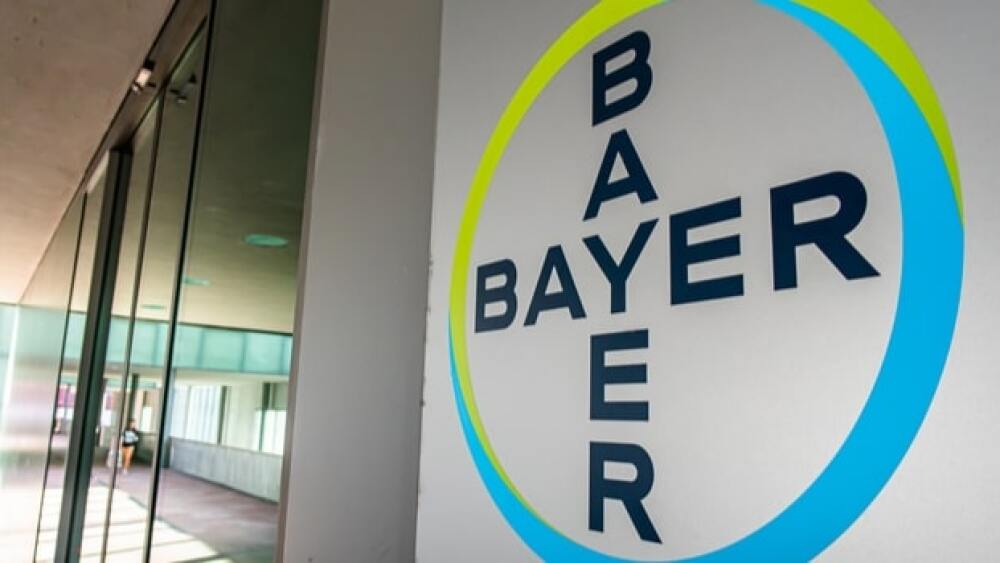The collaboration with Atara will focus on developing an off-the-shelf T-cell immunotherapy for high mesothelin-expressing tumors.
Taljat David/Shutterstock
Days after Bayer announced its new cell and gene therapy strategy to maximize the capabilities of some of its recent acquisitions, the Germany-based life sciences giant is jumping into the CAR-T space and expanding its oncology focus through a collaboration with Bay Area-based Atara Biotherapeutics.
The R&D and manufacturing deal was announced Sunday, and shares of Atara Biotherapeutics were up more than 10% in premarket trading. The collaboration with Atara will focus on developing an off-the-shelf T-cell immunotherapy for high mesothelin-expressing tumors. The deal includes two Atara developmental candidates, ATA3271, an armored allogeneic T-cell immunotherapy, and an autologous version, ATA2271, for high mesothelin-expressing tumors such as malignant pleural mesothelioma and non-small-cell lung cancer. Mesothelin is a tumor-specific antigen that is commonly expressed at high levels on the cell surface in many aggressive solid tumors including mesothelioma, non-small cell lung cancer, ovarian cancer and pancreatic cancer.
Atara is a pioneer in allogeneic T-cell immunotherapy with industry-leading allogeneic cell manufacturing processes and CAR T technologies, Bayer said. According to data, both ATA2271 and ATA3271 are engineered for use in solid tumors as they incorporate Atara’s novel inclusion of both a PD-1 DNR construct to overcome checkpoint inhibition and a 1XX costimulatory domain on the CAR (chimeric antigen receptor) to enhance expansion and functional persistence of the CAR T cells. The licensed technology leverages Atara’s novel, proprietary Epstein-Barr Virus (EBV) T-cell platform combined with CAR T technologies targeting mesothelin to improve efficacy, persistence, safety, and durability of response. Atara will lead investigational new drug (IND)-enabling studies and process development for ATA3271, while Bayer will be responsible for submitting the IND and subsequent clinical development and commercialization. Atara will continue to be responsible for the ongoing ATA2271 Phase I study.
Wolfram Carius, head of Bayer’s Cell & Gene Therapy Unit, said the collaboration with Atara is a “fundamental element” of the company’s new cell and gene therapy strategy.
“It strengthens our development portfolio through allogeneic cell therapies and consolidates our emerging leadership in the field. We look forward to collaborating with Atara to develop off-the-shelf CAR T-cell therapies for patients with difficult-to-treat cancers,” Carius said in a statement.
Pascal Touchon, president and chief executive officer of Atara, said the collaboration will accelerate the development of mesothelin-targeted CAR T-cell therapies for multiple solid tumors. It will also advance the company’s allogenic cell therapy platform and have them available for patients faster.
“Bayer’s proven track record in oncology global development and commercialization, and growing presence in cell and gene therapy, enhances Atara’s capabilities and complements our leading allogeneic T-cell platform,” Touchon said in a statement.
Under terms of the deal, Atara will receive an upfront payment of $60 million and stands to gain an additional $610 million in developmental and regulatory milestones, as well as tiered royalties. As part of the transaction, Atara will also provide translational and clinical manufacturing services to be reimbursed by Bayer. In addition, for a limited period of time, Bayer has a non-exclusive right to negotiate a license for additional Atara CAR T product candidates.





